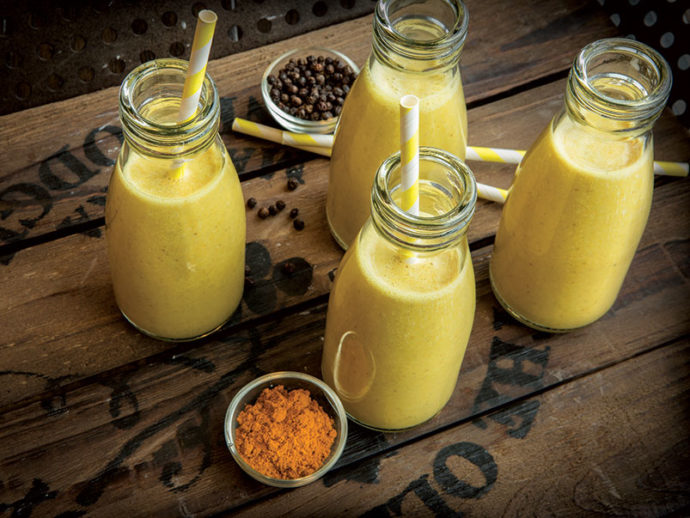
“You’re just a little down.”
“You’ll snap out of it.”
“Maybe you’re overtired.”
For someone experiencing depression, reaching out for help and having their concerns brushed aside can delay getting the help they need. Depression is health issue: it’s even the theme of World Health Day on April 7. Let’s shatter some of the most common—and most damaging—myths about this common illness.
Lingering myths
“It’s not happening to me.”
One of the most popular myths around depression is that it only happens to other people, and that it can’t happen if things are going well in your life.
Depression can happen to anyone, at any age or stage of life. Olympic athlete Clara Hughes, for example, experienced depression at the pinnacle of her athletic career. Despite her many wins, her feeling of happiness and joy was fading. Before she was helped by a national team doctor, she didn’t even know she was depressed.
“I can’t be depressed; I don’t feel sad.”
Another persistent myth is that depression is just about feeling down, but what a sufferer actually feels goes much deeper than that. Some of the other symptoms of depression include:
- feelings of guilt, worthlessness, helplessness or hopelessness
- a loss of interest or pleasure in usually enjoyed activities
- thoughts of death
- difficulty making decisions
- changes in weight or appetite
- sleep disturbances
- decreased energy or increased fatigue
“I can get through this on my own.”
“One of the most damaging myths about depression is that one can just “shake it off” or “get a hold of themselves,” says psychotherapist Nancy Tavares-Jones. “If someone had diabetes, would you tell them to stop complaining and create insulin?”
“If I go on antidepressants, I’ll never be able to come off them.”
“I find this [myth] damaging because it leaves people feeling like they are helpless or a victim—as if there is nothing they can do to change the circumstances of their situation,” says Christina Bjorndal, a doctor of naturopathic medicine who specializes in depression.
Boost mood with nutrition and lifestyle
A nutrient-dense diet based on whole, fresh foods has been shown to decrease the risk of and symptoms associated with depression. Foods rich in tryptophan, like chicken and turkey, nuts and seeds, spinach, cheese, peanuts, fish, oats and avocado, can be especially helpful. Also important are those nutrients that we need to convert tryptophan to serotonin (an important brain chemical), like vitamins C, B6 and B3, plus zinc and magnesium.
How to help someone experiencing depression
Get moving. Make plans to go for a walk, on a bike ride or to an exercise class together.
Get outside. Get into the sun. Vitamin D, exercise and proximity to nature can all help lift mood and increase feelings of well-being.
Encourage them to get help. Let them know that they can get better and have many options for treatment.
Stay in touch. If they live alone or are isolating themselves, let them know you are there for them by staying in touch via phone, email or text, or by stopping by.
Listen. Be affectionate, caring and present for them. Try to really understand what they are going through.






